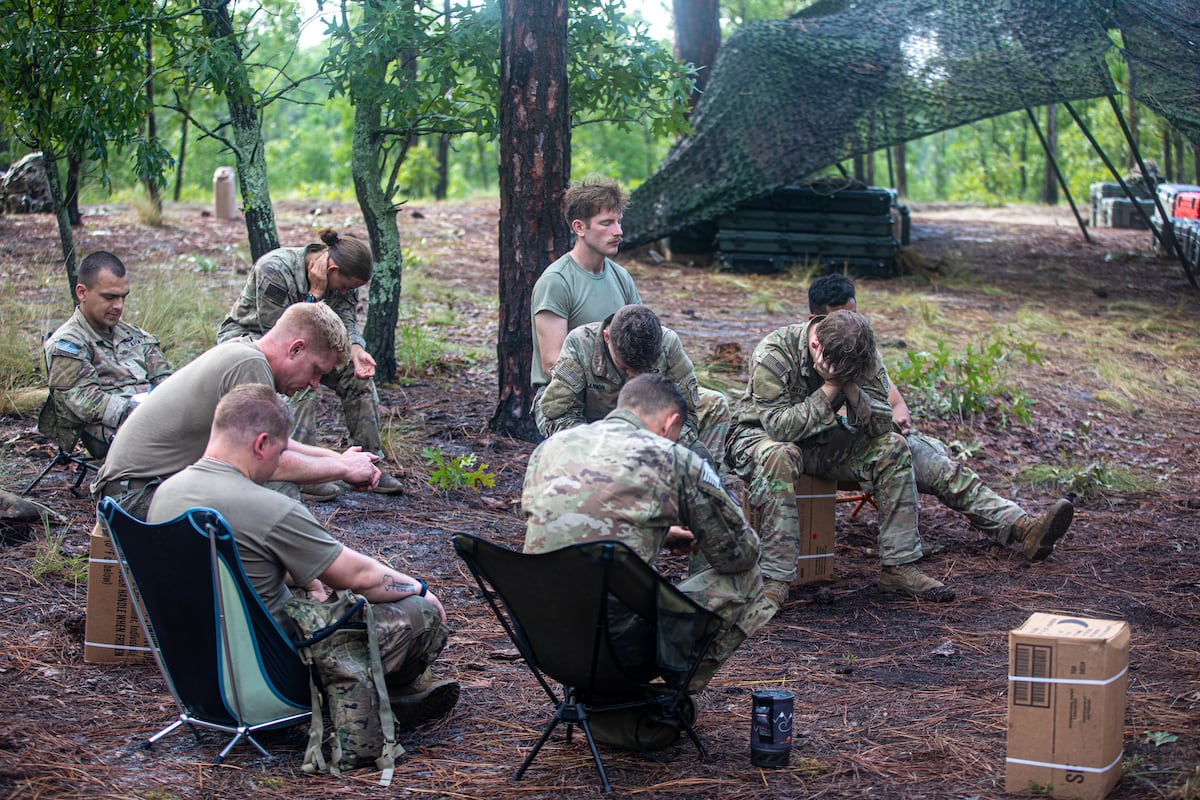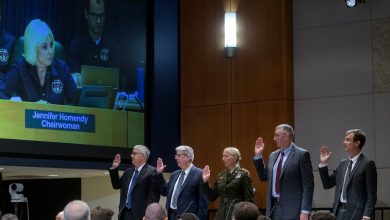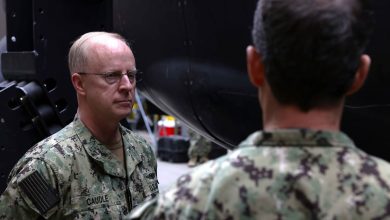The U.S. Army released a spirituality guide to help soldiers gauge their spiritual fitness, much like they would their physical fitness.
The 112-page guide lays out spiritual fitness principles, stages of development and training among other areas across nine chapters.
In addition to the guide, the Army also released a Battle Book — a type of workbook companion to the guide and the first volume of a graphic novel series titled “Will to Fight.”
“It’s for every soldier and every leader regardless of religious background,” said Sgt. Maj. Meaghan Simmons. The concept is to support spiritual readiness much like other sources support physical readiness.
The documents are not focused on any one religion, said Sgt. Maj. Dustin Hall, chief religious affairs officer at III Corps.
“Spiritual fitness is less concerned with what someone believes and more concerned with, does it work?” Hall said. “Can you identify purpose and meaning and hold up under fire?”
The guide and other documents align with Holistic Health and Fitness, the Army’s all-around fitness program that covers physical fitness, nutrition, sleep and mental and spiritual health.
Using the guide, commanders can have an operational lens to view spiritual readiness with trainable, measurable and realistic blocks for the spiritual domain, Hall said.
The aim is to get the guide into team leaders’ hands.
“Every leader, they don’t have to be a chaplain or religious affairs specialist, [can] sit down with a soldier and ask, ‘How are you getting after the spiritual domain?’” Hall said.
The guide lays out four spiritual readiness stages: external, agency, purpose and empowered.
At the external stage, or “to me” stage, soldiers see circumstances as happening to them and don’t recognize their agency, or what they can do to change things. The leader’s role is to give them the tools to advance to the agency stage.
At the agency stage, or “by me” stage, the soldier is self-focused and begins to realize what they can do to control the situation they’re in, regardless of what it is.
In the purpose stage, or “through me” stage, the soldier acknowledges the bigger picture and what aligns with Army values. They’re getting their spirit to their purpose.
The empowered stage, or “as me” stage, is the pinnacle of spiritual fitness, Hall said. A soldier lives life with purpose and is more focused on legacy, a broader picture and empowering organizations. They become good mentors, helping develop other soldiers through the stages.
Leaders’ roles change through the stages, too, shifting from teacher to coach to mentor to advisor.
III Corps piloted an eight-month study to help develop the guide. Every unit on post goes through Phantom Forge, with about 400 soldiers each week. A dedicated chaplain taught spiritual fitness stages and principles to soldiers, and they conducted surveys to revise and validate the concepts, Hall said.
The guide quotes famous thinkers like Victor Frankl, the Holocaust survivor and author of “Man’s Search for Meaning,” as well as Abraham Lincoln and Gen. George Patton.
The guide also outlines examples of spiritual fitness plans and ways to gauge each exercise’s effectiveness through the eight spiritual principles.
Those principles are: simplicity, consistency, integration, flexibility, unity of effort, sustainability, economy and responsiveness.
Todd South has written about crime, courts, government and the military for multiple publications since 2004 and was named a 2014 Pulitzer finalist for a co-written project on witness intimidation. Todd is a Marine veteran of the Iraq War.
Read the full article here







